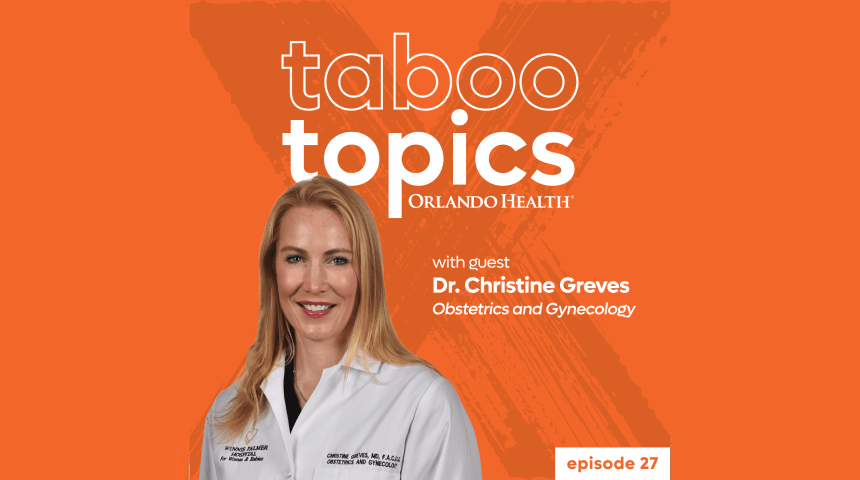If you are still looking for a New Year’s resolution that’s easy and beneficial, consider adding this one: Be more mindful. Doing so can help enhance your well-being but may also enhance your relationships with others at the same time. When we consciously practice being more present, we become more aware. We engage more.
Mindfulness is the process of actively noticing aspects about yourself and your environment. It is choosing over and over again to put yourself in the present. It’s a higher sense of engagement, one that develops your focus and awareness skills.
How To Be More Mindful
Yoga, meditation or even going on a walk are ways of developing mindfulness. Yoga and meditation allow you to slow down and engage with yourself and your environment, causing you to be mindful instead of mindless.
Mindlessness is distractibility and it pulls you away from what’s right in front of you. Mindfulness is its opposite. Try to watch what is happening outside a window. Really look at a piece of art. Make it a habit to be present with your environment.
Ellen Langer, a professor of psychology at Harvard University and founder of the Langer Mindfulness Institute, states that life consists of moments, nothing more. You can be mindful or mindless. Whatever you do — whenever you do anything — choose to be mindful. By noticing more about yourself and your surroundings, you will prosper.
Practice Makes More Perfect
By practicing mindfulness throughout the day — and incorporating mindfulness exercises — we train our brains to focus better.
Four suggestions to get you started:
1. Incorporate breathing exercises, inhaling and exhaling (4x). When we begin to be aware of our breathing, we are more attentive to our bodies. Our bodies calm down.
2. Create a visual prompt 2-3 times a day. For example, as a reminder to pause and have several mindful moments in your day, perhaps you could think of the color red. Whenever you are exposed to that color, you will be reminded to take a few deep breaths and reflect.
3. Program your phone or fitness tracker to send you reminders. Have one or both prompt you to take a minute to focus. Notice what is going on with both you and your environment as you respond to the prompt.
4. Take 120 seconds. Don’t rush to grab your phone or check your email when you wake up in the morning. Instead, take two minutes when you have the least amount of stimulus and be aware of where you are. Be with yourself and then start your day.
The Best Medicine
Being mindful can help you manage your stress levels and increase your performance. It can help you pay more attention. If you take notice of how athletes train, it’s never just about throwing the ball; it’s about these same kinds of skills of heightening attention, practice and improving performance.
There is no right or wrong to practicing mindfulness. Being more aware and focused on oneself for even a brief moment allows for so many benefits. So why not do it? Mindfulness is a cost-neutral practice. It just calls for skill and dedication.
Primary Care eNewsletter Signup
Sign up to receive the latest health news and trends, wellness & prevention tips, and much more from Orlando Health.
Stay in Touch





